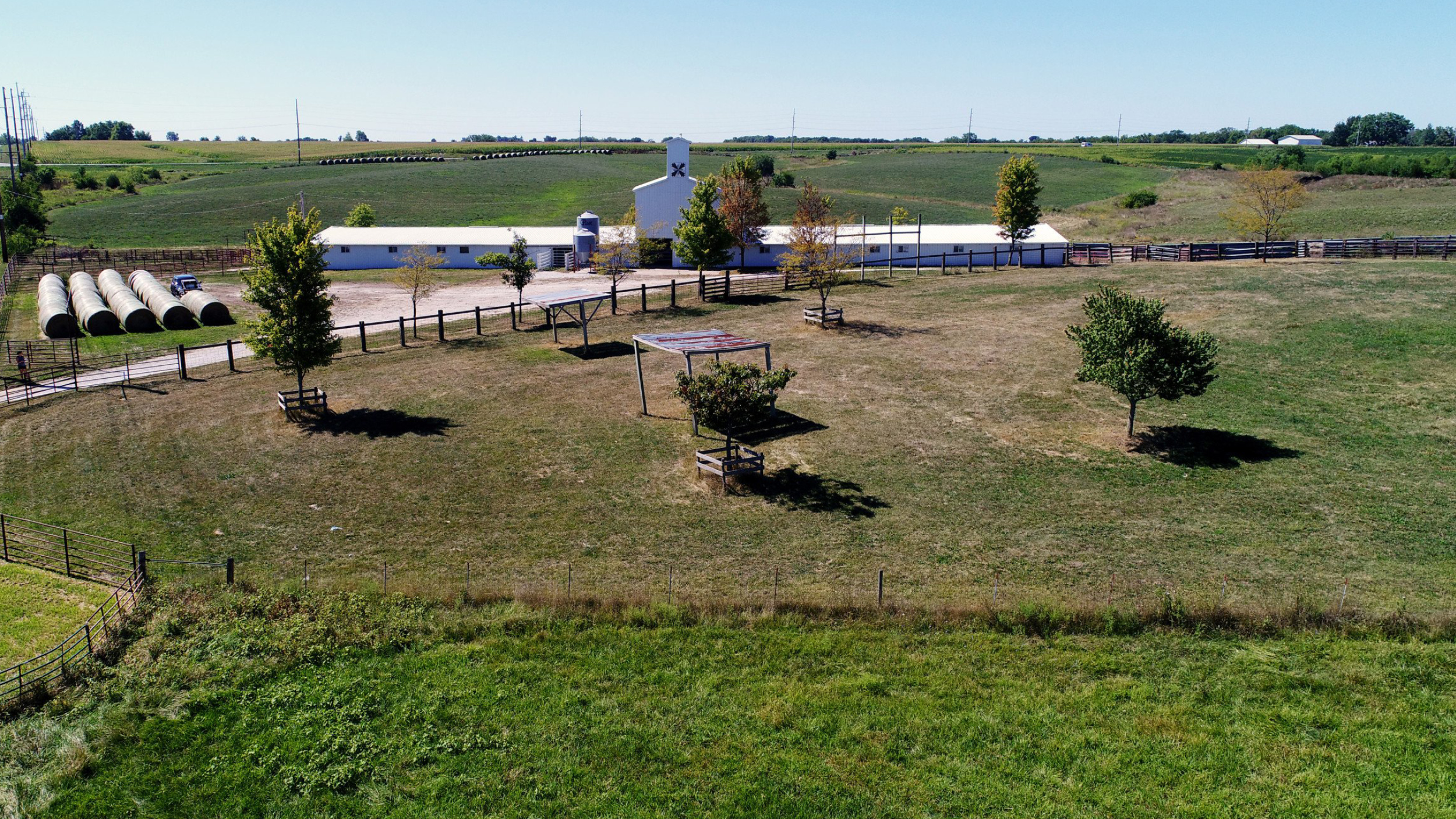
What is valuable to one buyer, may not be to another. And what happens next to your property may influence the value of your property. As an appraiser, we look at several factors that influence the market areas we study, with livestock and laws in many forms having influence on land use and values. Land use and laws, or legislation, can be connected to the term legally permissible. Legally permissible primarily pertains to the zoning of the property and its restrictions, such as deed restrictions. These restrictions could also be environmental. The acts of zoning are passed by local county and state electives and administrators.
Livestock operations, and more typically found in the Midwest, CAFO’s (confined animal feeding operations), can hold animal waste or manure in confined areas for different lengths of time. The manure, although an unpleasant smell, holds valuable nutrients that help provide or supplement the fertilizer that is spread onto nearby cropland. Manure is tested for nutrients like Nitrogen (N), Phosphorus (P), Potassium (K) and other micronutrients. This testing helps the farm operators apply the right amount of manure in the right areas of the field. With advances in technology, manure and fertilizer application equipment are equipped with GPS and RTK variable rate technology. This essentially allows the farm operator to deposit nutrients where they are specifically needed by varying application rates in different parts of the fields as directed by a preplanned nutrient prescription. Some could define this as a true form of carbon credit.
How does manure correlate to land use and values? If a nearby field has applied manure, it most likely has a built-up fertilizer and nutrient base that provides value to the crops grown on the field. Buyers of land around livestock operations can recoup the value in reduced synthetic fertilizer expenses. Nutrient rich land produces higher yielding crops and is a win-win for all parties. With wildly swinging crop input expenses such as synthetic fertilizer, a manure contract or MMP (Manure Management Plan) with applied manure from a livestock farm can help reduce fertilizer expenses to each field. MMP’s are required by the DNR (in Iowa and other states), for confined animal feeding operations of more than 500 animal units. Of course, proper understanding of these nutrient levels by a farm manager or operator will help keep money in the landowner’s pocket. That is essentially the ‘smell of money.'
Livestock and laws have been intertwined for decades. The correlation of consumer demands, and the interplay and dispute, can influence the future of livestock operations and how land use will be planned out. As mentioned above, land use and laws can be connected to a term called legally permissible. Whether a person is a consumer of animal and livestock products from a small ‘niche’ market farm or a larger farm operation, livestock farm profitability and rules and regulations on different types of livestock farms have different effects on land and property market areas of the United States.
Take for example, a 350-acre mixed land use property (pasture, recreational, cropland, cattle building site) located 1-mile from a greater metro area. This property was recently re-zoned from agriculture use to residential use, therefore only legally permissible for residential, and limited livestock/ agriculture use. This property in years past could have provided the financial stability for a single farm family before the metro expansion. Nowadays, due to stricter livestock confinement rules, a cattle farmer wouldn’t be able to expand their operation. This property in effect will shift in the buyer market, and will attract buyers seeking a place in the country that provides an interim use for secondary income and recreation or someone who will hold onto it for future residential development.
As another example, an available 160 acre cropland farm, zoned agricultural, located next to a large dairy farm. The neighboring dairy owner, and potential buyer, may see the opportunity to further grow their livestock operation for feed source(s) and maintain their MMP. An investor, and potential buyer, seeks this property because they know the rent on this property will be higher because of the large dairy next door. Securing land to apply manure according to a livestock operation’s MMP is mutually beneficial to buyers and sellers in the local land market.
As consumer demands evolve, crop and livestock technology efficiencies will also evolve and changes to legislation are inevitable. Regardless of the land mix, sometimes location can have a greater influence on livestock, laws, and land values.







